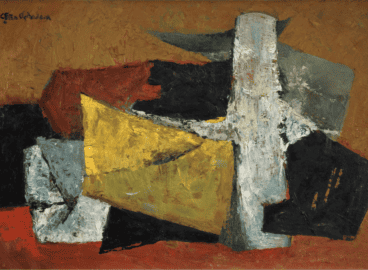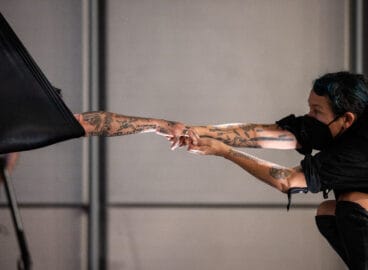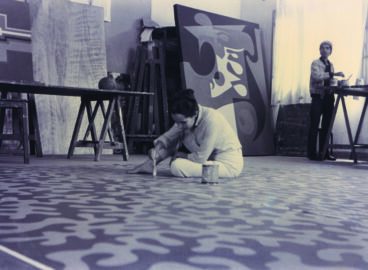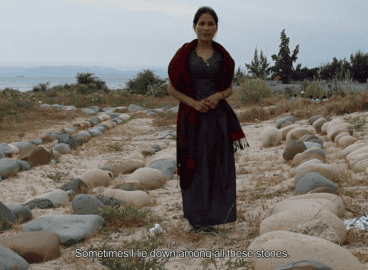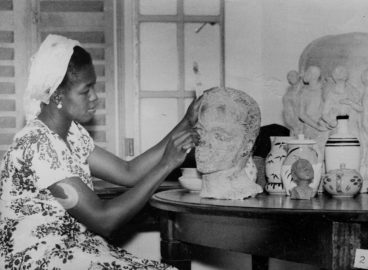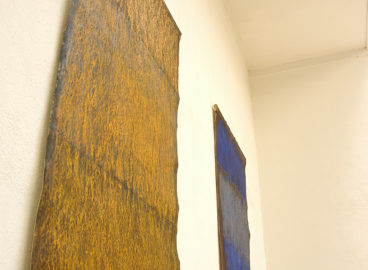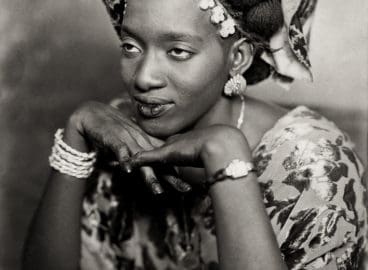Clara Etso Ugbodaga-Ngu’s Many Roles in Nigeria’s Modernist Art Scene
The work of Nigerian woman artist Clara Etso Ugbodaga-Ngu (1928–2003) offers a window into cultural representations of African men and women in postcolonial Nigeria. In what was a male-dominated art scene in the 1960s, Ugbodaga-Ngu stood out not only because of her visual production, but also because of her intellectual involvement as a faculty member…
